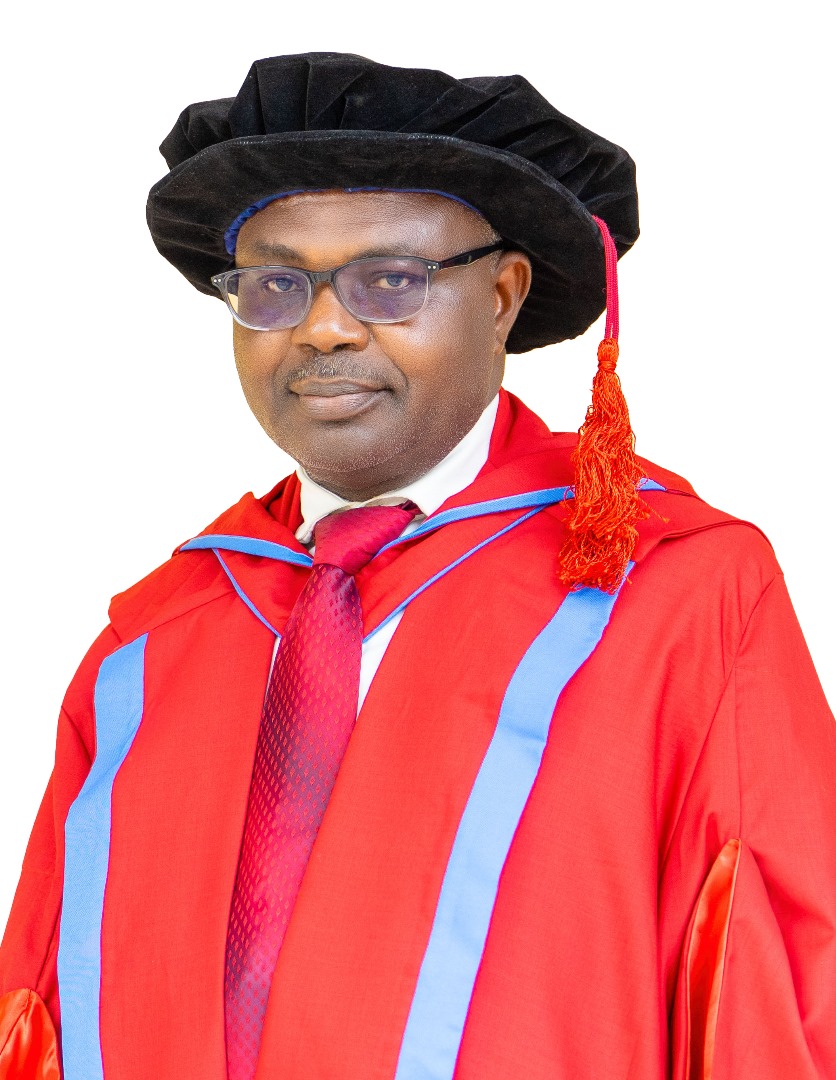It is no longer news that Lagos State University (LASU)’s Prof Sylvester Odion Akhaine is to deliver the university’s 103rd Inaugural Lecture February 25th, 2025. The media – social and traditional – are awash with that already. But it is an Inaugural Lecture trapped in its own conditions of possibility which are worth recalling.
The culture of Inaugural Lecture has so sedimented in the consciousness of the members of academia that the announcement of an impending Inaugural Lecture hardly shocks anyone. It is possible it does but it hardly manifests. It is equally possible it doesn’t shock because of its very nature: it is, at the end of the day, a story. But that is why each one should compel every academic to think, to anticipate, to speculate, to project. This has to be so because if an Inaugural Lecture is, at the end of the day, then every Inaugural Lecture must be contemplated since stories are constitutive. In the case of Odion’s Inaugural, for instance, it is an outing with several bodyguards of interests.
Prof Odion is a front rank member of the generation succeeding the current but out-going set. The Political Science market in Nigeria is a vast one, what with over 200 universities, majority of them running degree programmes in Political Science and/or the sub-disciplines around it: Political theory, Public Administration, Political Economy, Peace and Conflict Studies, International Relations (gradually changing name to Global IRs) and newer ones such as International Political Theory (which has become so powerful of late after Terry Nardin‘s 2005 journal essay ‘Humanitarian Imperialism’) Political Theology, Critical Security Studies (not really that new) and all that. It is difficult to capture much of the members of the said generation beyond few who readily come to mind when the notion of out-going generation of discipline leaders is mentioned: Attahiru Jega, Jibrin Ibrahim, Eghosa Osaghae, Okey Ibeanu, Istifanus Zabadi, Ogban Inyang, Sam Egwu and a few more others who are there but not as known as these, partly because of the vastness of the Political Science market in Nigeria already mentioned. All of them in that age/status category are gradually joining the ancestor class – the few elders who may not be that active on the field but who still exercise tremendous panoptic authority on the affairs of the discipline from behind the scene, mostly for good.
Prof Odion is one of those taking over ‘generational’ power in Nigerian Political Science. He has two fellow travelers in UI – Remi Aiyede and Irene Pogoson; two in UNIJOS – Pam Dung Sha and Victor Adetula, Usman Tar of NDA, Sharkdam Warpmuk also of NDA, Jideoffor Adibe and a few more others. This is merely an indicative list, please. Stepping out from this generation means that Odion’s Inaugural will interest many within the generation and outside of it.
The second of the bodyguard of interests around this Inaugural lies in Odion being a lodestar of the NANS legacy (this time in academia). He was its Public Relations Officer at a point. Is he enacting that legacy in his domain? Has he or is he about to unsettle a consensus, reset the boundaries somewhere or reporting a conceptual innovation in academia somehow in a homage to that tradition or not moving in any such direction?
Closely tied to the NANS heritage is the unusually large audiences entrapped into this Inaugural Lecture: (ex-NANS) activists in the diaspora, school mates at the University of London, the Political Science publishing world and sundry specialists
Lastly, the keywords in the topic of the Inaugural Lecture are all battlegrounds, with potential for an explosive story. Look at them: empiricism, disorder, democracy, Africa. Each of them has its own audience. From a relationality point of view, we could be heading for an involving expose in Odion’s “Shifting For Good: The Weapon Of Empiricism In The Disorder Of A Third Wave Of Democracy In Africa”. The D-Day is February 25th, 2025 at Buba Marwa Auditorium.




























